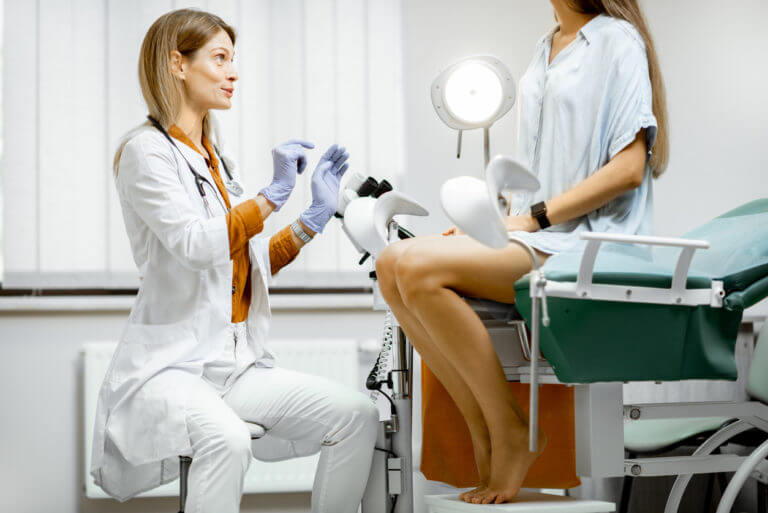Regular OBGYN checkups are a fundamental part of women’s health management. They allow patients to meet with trained medical professionals who specialize in reproductive health across all life stages. By attending regular visits with an obstetrician-gynecologist, women gain support, access preventive care, and receive individualized guidance. Here’s information about the role of consistent OBGYN checkups for women of all ages:
Promoting Preventive Health
Placing preventive care at the center of routine OBGYN checkups provides key benefits for long-term wellness. During these visits, health screenings tailored to women’s reproductive needs, such as Pap smears and HPV testing, help detect early cellular changes in the cervix. Pelvic exams also allow providers to assess the health of reproductive organs and identify any abnormalities.
Throughout each appointment, practitioners record health data and observe patterns over time, building a more complete picture of overall well-being. This ongoing process supports early detection of potential issues, and it enables women to take a proactive role in their health. By continuing regular appointments, providers can monitor trends and offer timely recommendations.
Providing Health Education
OBGYN visits create a dedicated space for learning, allowing women of all ages to ask questions and express concerns openly. Topics may include menstrual cycles, contraception, family planning, and the transition through menopause. Providers offer guidance that reflects each patient’s unique health history and goals.
Every stage of life presents distinct questions and priorities. Adolescents benefit from understanding the basics of reproductive health and learning healthy habits early. Women in their reproductive years may seek advice about fertility, pregnancy, or contraception. Perimenopausal and postmenopausal women often discuss symptom management and the physical changes that accompany this phase of life. Through these conversations, women gain accurate information and practical tools, and they can use this knowledge to monitor changes in their reproductive health. By emphasizing education during every visit, OBGYNs help women take ownership of their health and make choices that support long-term well-being.
Creating Healthcare Partnerships
Consistent care forms the foundation of a strong patient-provider relationship. Seeing the same OBGYN regularly allows providers to understand a patient’s personal and family medical history. This familiarity can support better communication and more tailored medical advice. When new symptoms or changes occur, an ongoing relationship helps the provider recognize patterns and recommend appropriate next steps. This consistent connection improves coordination, and it makes sure care decisions are informed by long-term understanding. Such partnerships can strengthen communication, improve follow-up, and support continuity in women’s health management.
Guiding Life Stages
Each phase of life brings unique health needs that require individualized care; OBGYNs guide women through these transitions, adjusting recommendations as circumstances change. These life stages include:
- Adolescence: Focused on learning about menstruation, physical development, and preventive health practices.
- Reproductive Years: Guidance on family planning, contraceptive options, and pregnancy-related care.
- Menopause and Beyond: Support for managing symptoms, understanding hormonal changes, and maintaining overall health.
Ongoing guidance supports preventive care and verifies that health decisions remain appropriate and evidence-based. Regular OBGYN visits also allow for continued tracking of gynecological health in later years. Consistent checkups provide access to recommended screenings, and they promote informed decision-making throughout adulthood.
Schedule Regular OBGYN Checkups
Routine OBGYN visits support a structured, proactive approach to women’s health. These appointments provide preventive screenings, tailored education, and ongoing patient-provider partnerships. Each visit strengthens overall care, and it allows early detection of potential health issues. Regular checkups are a key step in maintaining reproductive and general well-being. Schedule consistent OBGYN visits to safeguard your health.









